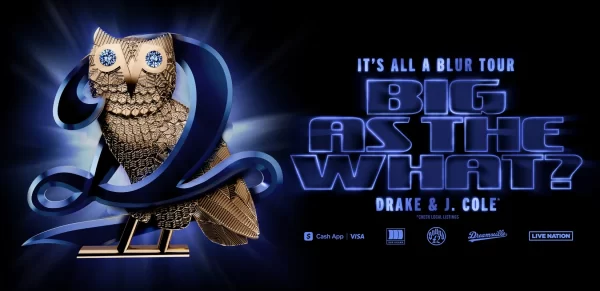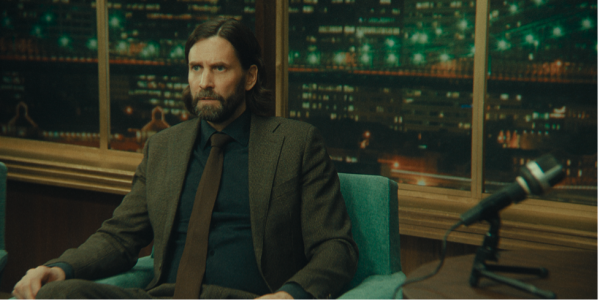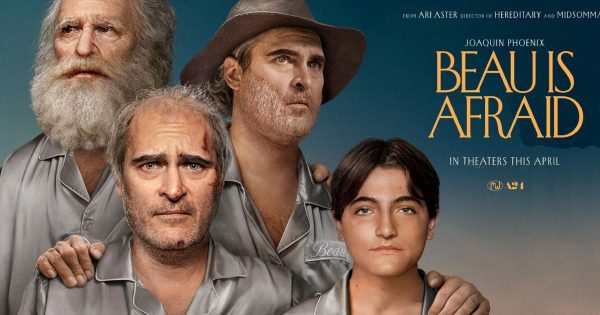Review of Todd Phillips’ “Joker”

February 21, 2020
Todd Phillips’ Joker is a well-crafted film in all aspects. In a time when contrived superhero and comic book films contaminate modern cinema, this film is a breath of fresh air. Jokertells the story of Arthur Fleck, played by Joaquin Phoenix, who is suffering from mental illness and dreams of becoming a comedian. As the story progresses, society, which in Fleck’s mind is a unfair place filled with awful people, makes him become the Joker. This film tries to do the impossible, create a film purely about the Joker and the Joker alone, a character whose story naturally intertwines with that of Batman. The film also tries to create a version of the Joker who can stand out compared to other interpretations of the character in film. These include the iconic performance of the character by Jack Nicholson and the Oscar-winning performance by the Heath Ledger. This film achieves both of these tasks rather remarkably.
Since the film was being developed, it was said that Joker was going to separate itself from all comic and film interpretations of the character. This original story is well aligned and focused, as we learn about Arthur’s life and the people he lives with, understanding his sardonic, fatalistic view of the world.
Joker, while a film with a captivating, unique plot and nostalgic comic book origins, contains several underlying societal motifs. The film takes place in the fictional city of Gotham. Gotham is portrayed as a garbage pit of slums, riddled with smoke coming from the ground and consumed by a colorless atmosphere. Within this shadow of a city is Gotham’s black and white caste structure, featuring an enormous gap between the poor and wealthy citizens. In Gotham, there is no middle class; everyone is either poor or wealthy. At a time where income inequality is a pressing issue in the media, one might deduce that Phillips sought a dystopic vision of modern society in Gotham.
The most notable takeaway from the film is certainly the protagonist Arthur Fleck’s mental health. The film is in many ways reminiscent of Martin Scorsese’s lesser known film, The King of Comedy, a story of an awkward, failed comedian named Rupert Pupkin, played by Robert De Niro, who kidnaps and extorts a comedy show host to get his stand-up routine on live television. In Joker, we see many nearly identical elements, only this time Robert De Niro plays the role of the talk show host and is assassinated by Arthur Fleck on live television. Both films certainly echo the dangers of unaddressed and unfettered mental health issues, which are arguably some of the twenty-first century’s most controversial and damaging societal issues, spurred on by the advent of social media.Joker goes to lengths to depict how mental health is ineptly treated in the United States. Fleck is continuously neglected and misunderstood by his peers at work and even his therapist. This is especially evident when Arthur goes to psychiatric care to get his medication, but he is denied when he learns that the facility no longer receives funding. All of these elements, the devastation of Gotham, the class system, and the ineptness and misunderstanding of mental health treatment, help form Arthur Fleck into the Joker. However, it is important to note that Todd Phillips named the film Jokerin absence of the typically used article “the.” As the film concludes with a riot of Gotham’s citizens all wearing clown masks, the implication is that the mantra and struggles of Arthur Fleck, the Joker, extrapolate to all people, not just the comic book caricature of the Joker. Overall, Joker is an excellent film with beautiful cinematography, acting, plot, and timely societal messages.










